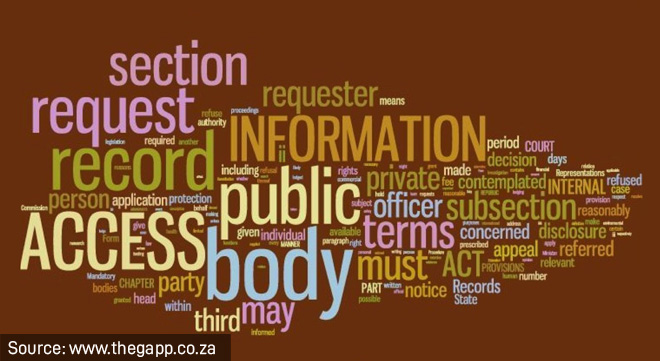
Information Regulator opens submission window for 2024/25 PAIA reports
Public and private bodies are ‘invited’ to submit their annual reports on access-to-information requests for the period from 1 April 2024 to 31 March 2025.

Public and private bodies are ‘invited’ to submit their annual reports on access-to-information requests for the period from 1 April 2024 to 31 March 2025.

From 1 April, all security breaches must be reported solely via the Information Regulator’s online portal, not by email.

The latest Guidance Note on Direct Marketing has clarified key rules that could impact your business. Join Moonstone Compliance’s expert-led webinar to ensure your marketing strategy is both effective and lawful.
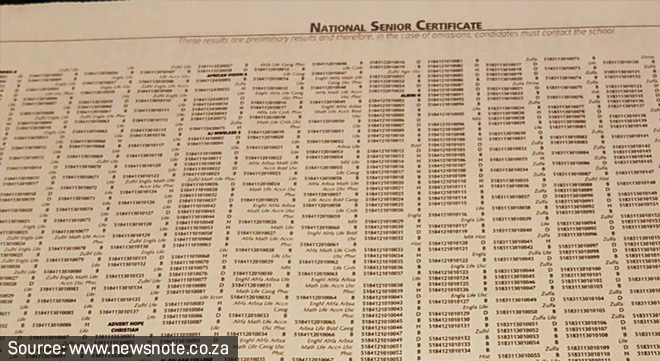
The Department of Basic Education has filed a review application, aiming to have the notice barring the publication of the matric results declared unconstitutional.
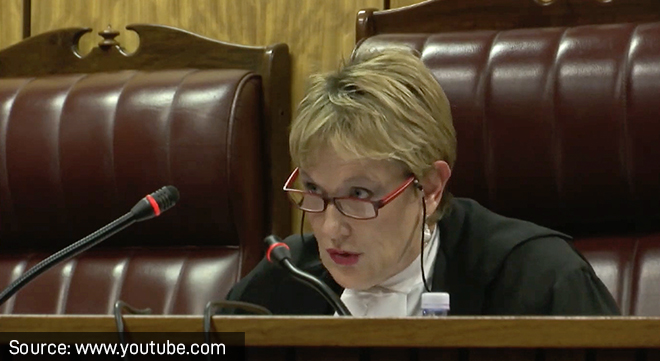
The Department of Basic Education is at risk of a R5 million fine for violating privacy laws, with ongoing debates over student consent and personal information protection.

The Information Regulator’s Guidance Note on Direct Marketing under POPIA classifies traditional phone calls as electronic communication.

Despite an enforcement notice from the Information Regulator, the Department of Basic Education says it will publish the 2024 matric results in newspapers.

A proposed amendment to the Consumer Protection Act aims to establish an opt-out registry, allowing consumers to block unsolicited marketing messages.

Improper data handling could lead to expensive claims, and stronger enforcement of POPIA is critical to preventing future litigation, say legal experts.

Key proposed amendments include imposing fines for non-compliance, enhancing the Information Regulator’s authority to issue directives, and introducing search-and-seizure powers.

The Information Regulator gives feedback on cases tackled this year against various public entities to enforce compliance with PAIA and POPIA.

The Information Regulator’s upcoming guidance note clarifies that direct marketing via phone calls falls under POPIA’s consent requirements.
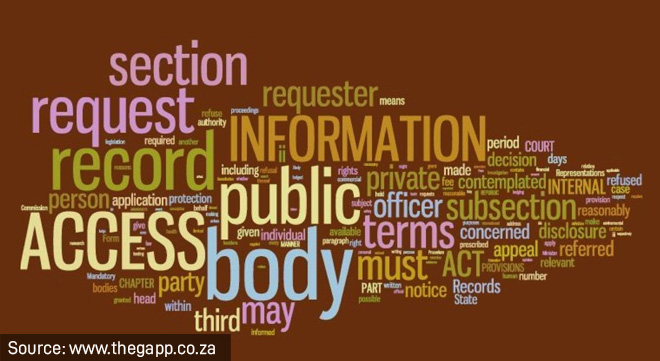
The heads of private bodies, information officers, or deputy information officers must be registered with the Information Regulator to submit a report.
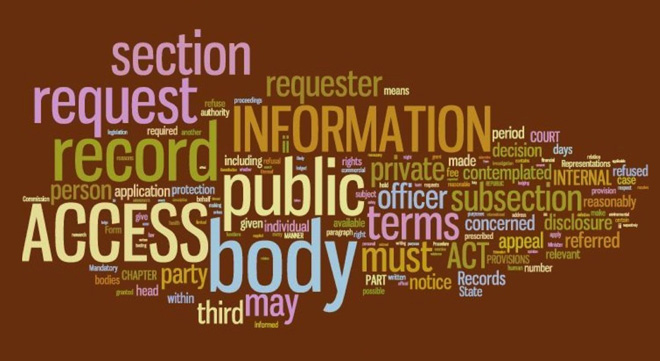
The heads of private bodies, information officers, or deputy information officers must be registered with the Information Regulator to submit an annual report.

Dis-Chem is in the clear. TransUnion was issued with an Enforcement Notice, and the Information Regulator is investigating the data breach at the CIPC.

The regulator says its ‘leniency regarding direct marketing through unsolicited electronic communications is going to be a thing of the past’.

The Information Regulator is set to issue its first enforcement notice because of a direct marketing complaint.
Notifications